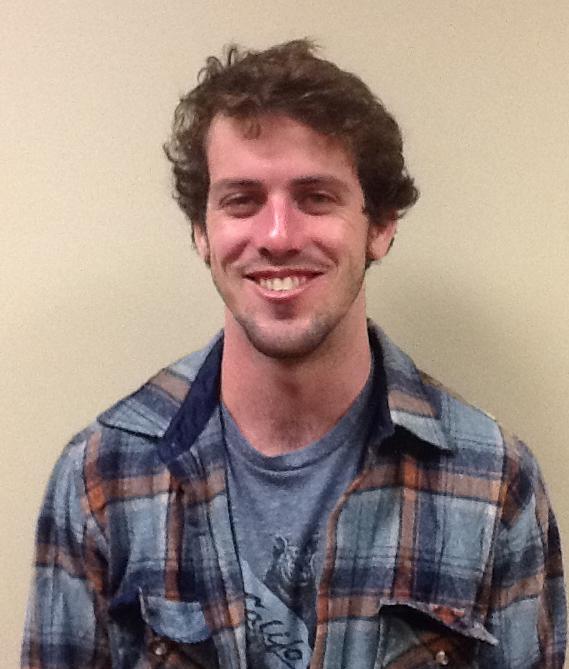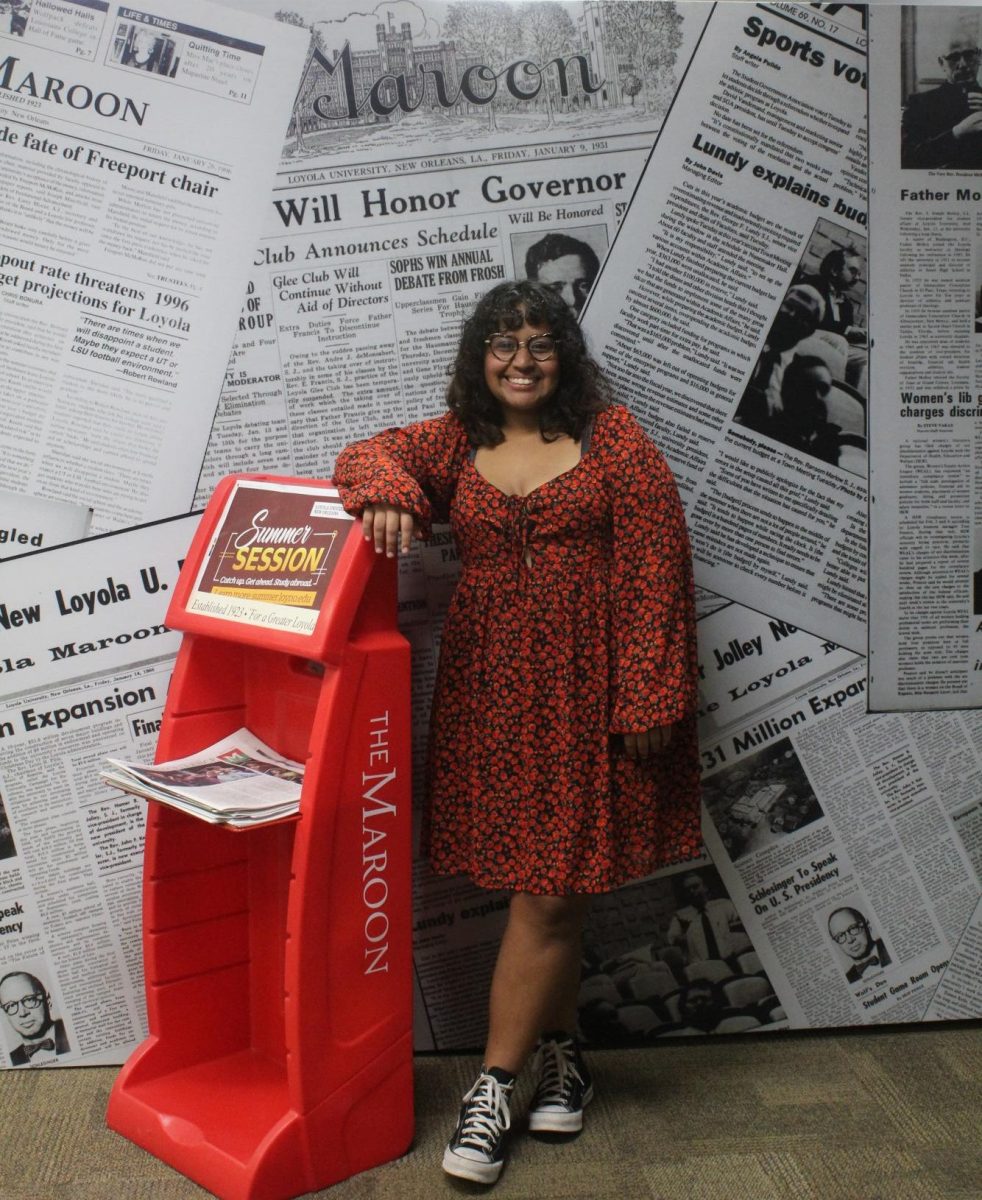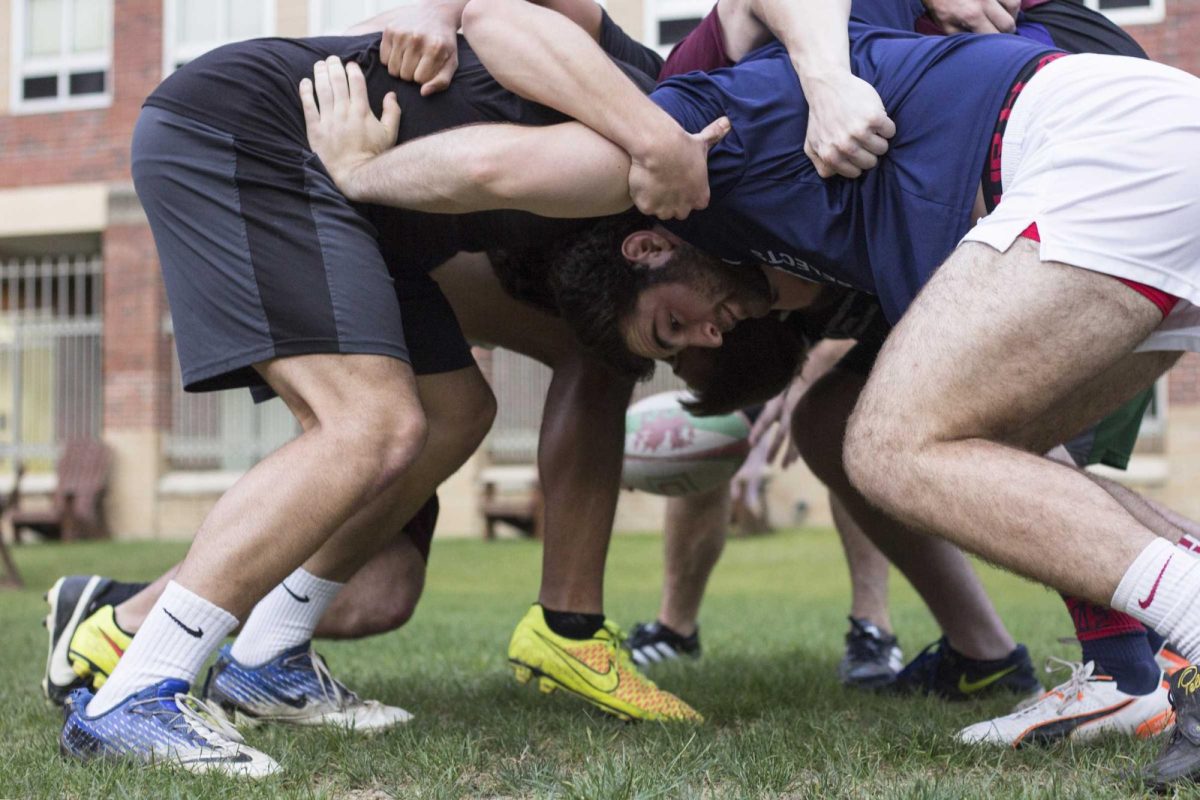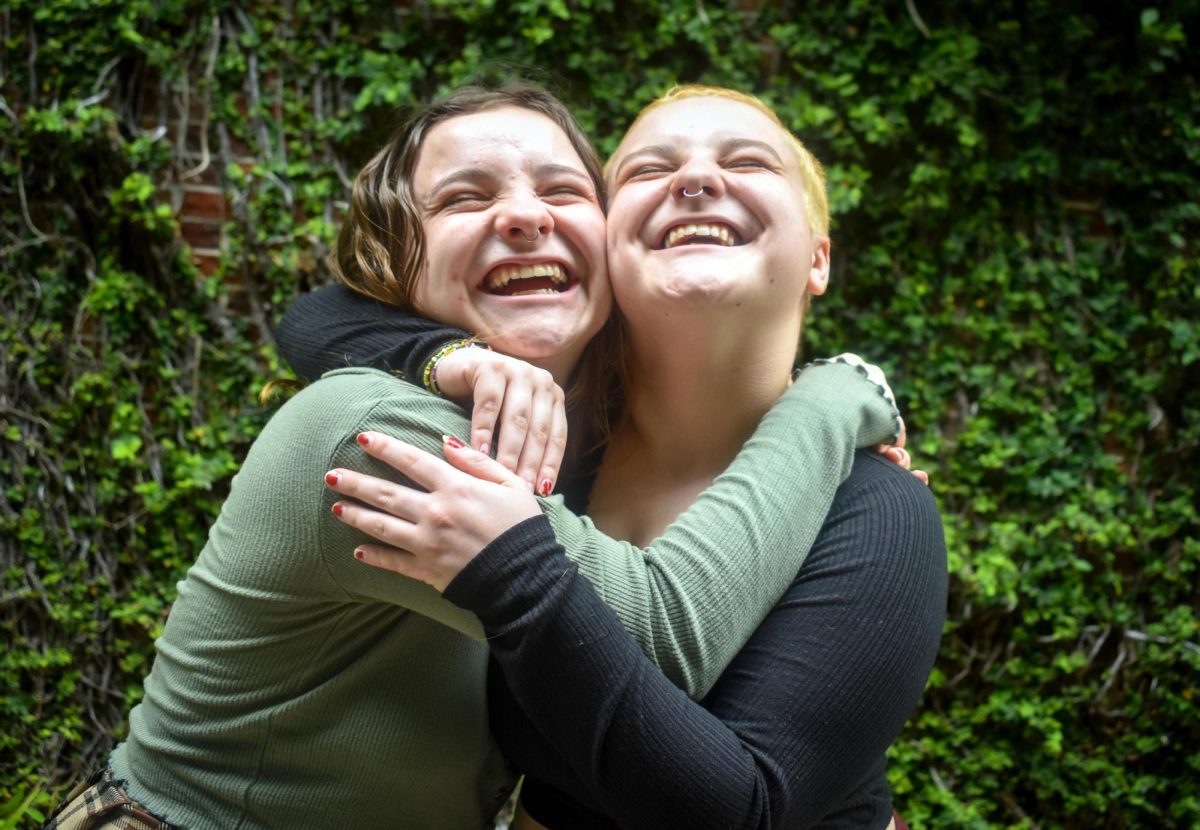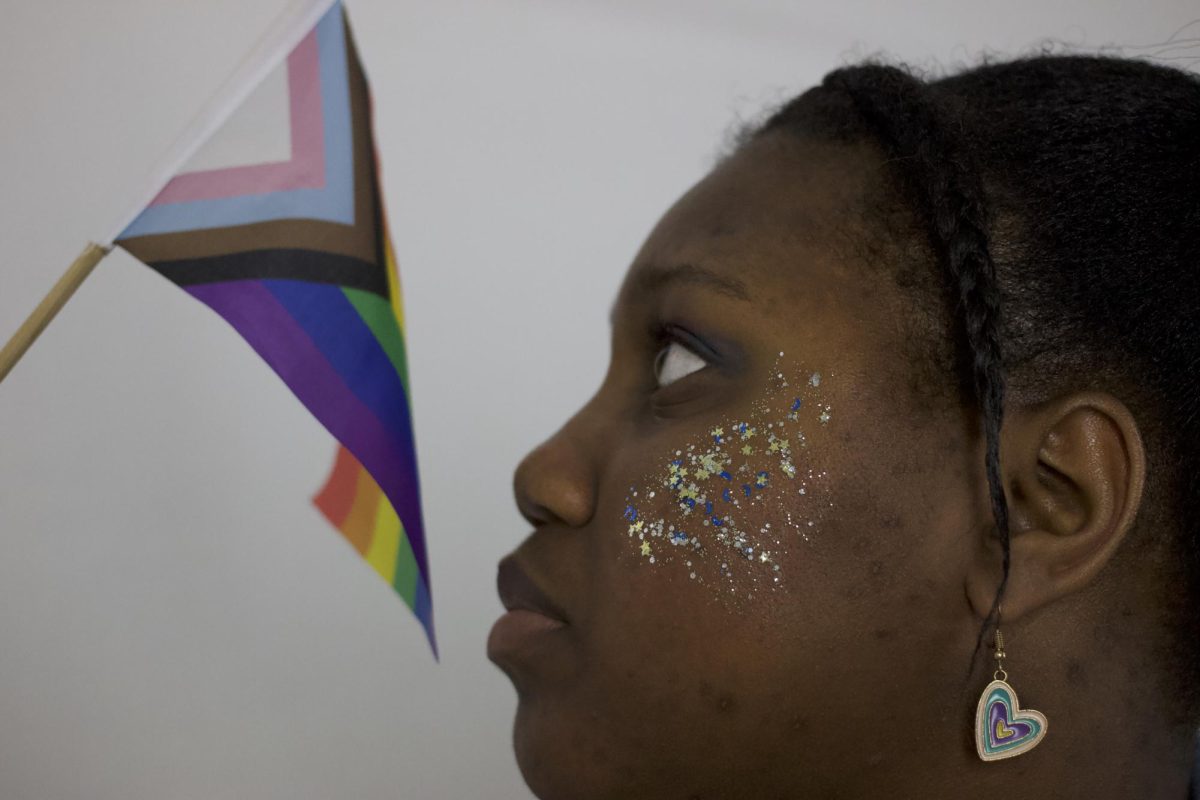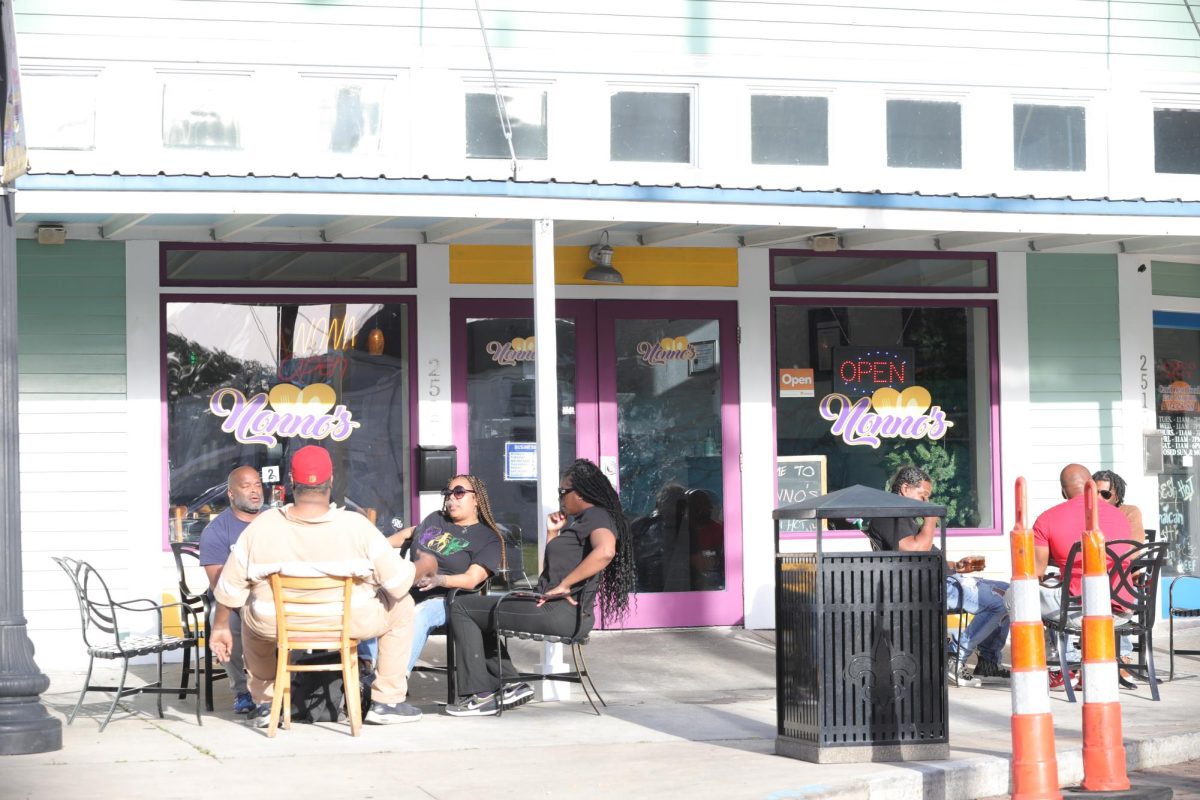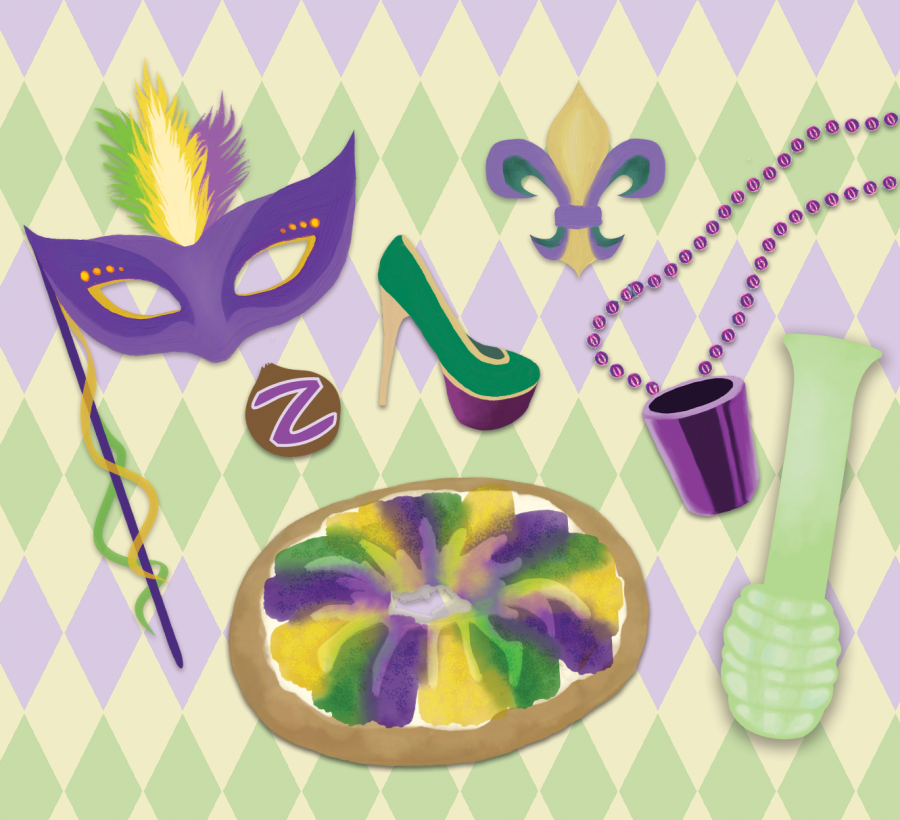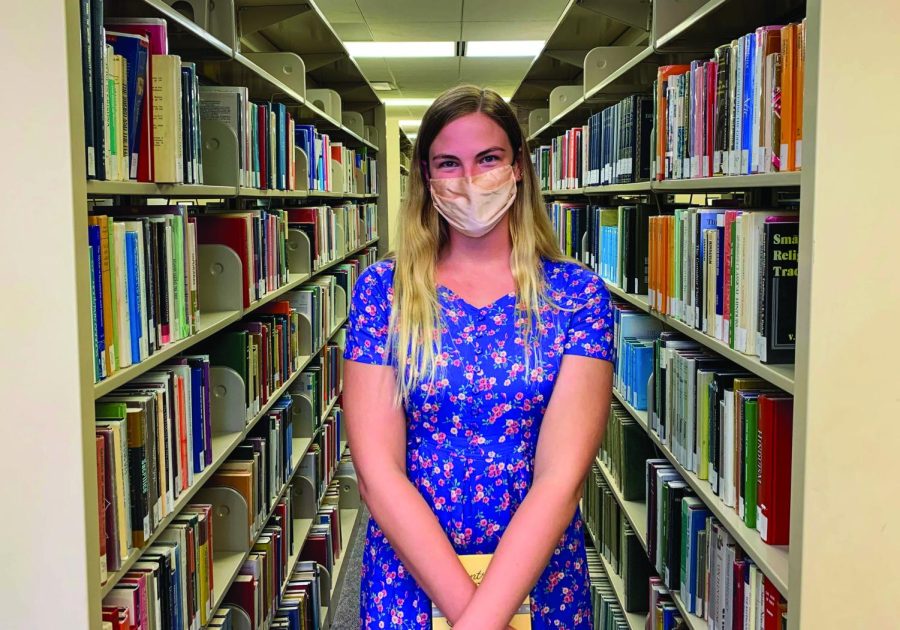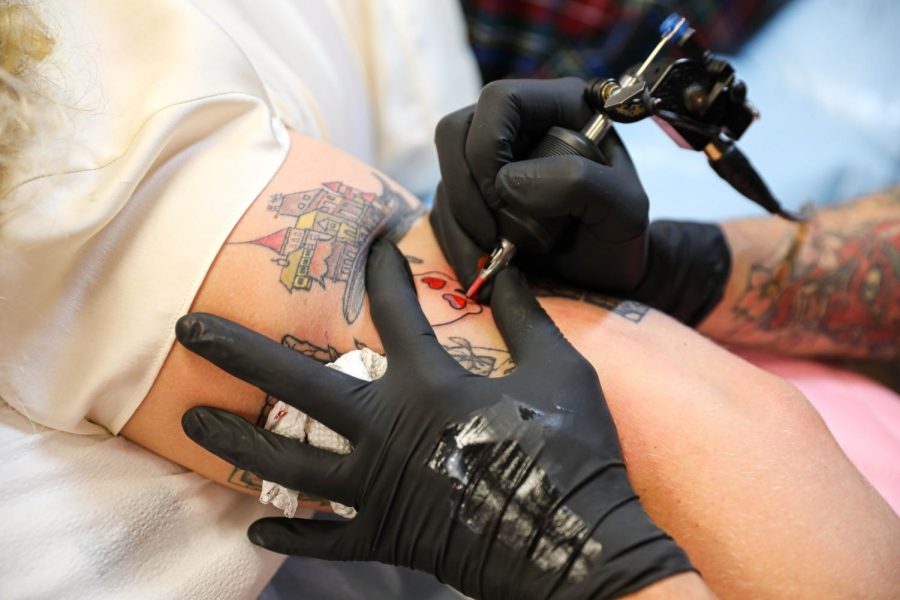Not many Loyola students have had the privilege of experiencing a night at Friar Tuck’s or a construction-free Monroe. They didn’t see the vegetable garden in front of Monroe’s aquarium windows next to a piece of art that looked like a giant Twinkie with dreadlocks. For those of us that have, graduation is right around the corner.
And now the question is, “What’s next?” A question that has anxiously stalked me for what seems like my whole life. In the modern world a linear social fantasy plagues our capacity to actualize the human experience and develop communities. This fantasy constructs a template by which we are conditioned to live by.
From birth we have been indoctrinated by this hand-me-down social order. It is reinforced by our parents, by the media and by the media constructed public sphere to believe that there is one road to travel, and that this road will make us happy.
We all know this road: go to school, graduate, get a job, buy a house, strive for that promotion, have children, send them to school, retire, buy a house on the beach, then die.
And all the while we’re buying tons of ‘stuff.’ This is that linear road that we’ve all been taught to travel in order to be “productive members of society.” And it is this very road that I believe is being muddled.
The aim of a liberal arts university like Loyola is to free (hence its latin derivitive “liber”) students from the artificial constructions and complacent homogenization that make up our reality. This is probably more important than any other form of education.
Yet, when we graduate and are immediately consumed by debt we are forced into this constructed world and must cooperate to survive, or at least to be considered one of those “productive members.” We must, ultimately, join the working force we have learned to despise.
I think, and hope, that we are recognizing the fallacy in this fantasy; namely that it creates a paradigm by which people fit into a society by having to sell their labor. And only so that they can buy the ‘stuff’ that other people sell their labor to make: the vicious circle of market consumerism. Even worse is that we are defined by the work that we do, not the person we make ourselves to be.
It’s sad that we are deprived of autonomous identities. That’s always been the problem for me when people ask, “What are you going to be?” It presupposes and reinforces that I am not something presently, or just that I must pick for myself a premade definition.
I’ve been talking to people about the dreaded “what’s next” question and I’ve found a trend. It usually sounds something like this: “I have no idea what I’m doing but I know I’m going to (insert place here).”
In his book, “Rise of the Creative Class,” Richard Florida discusses this phenomenon as a defining course of action for what he calls the ‘creative class.’ In our parent’s age and the ages before that, the question was “what job” and then a place followed, either by moving to the job or the job moving them. From what I’ve seen and what Florida describes, the new question is “what place” and the job follows.
I believe that an important part of human life that has been missing for centuries is community and that, because of this phenomenon of place, it is coming back.
People are aiming to find a place where they will be with like-minded people and experience the life of community, new experiences and personal growth. This, I think, is the source of real happiness. It is the ancient lifestyle of our hominid brethren that we have replaced with a sense of “progress” for the all powerful, natural entity that we call the economy.
Here, through community, through life experience and through liberation from a destructive social imaginary we can live truly productive and meaningful lives. I hope that we all do.
So, if you don’t know what you’re doing after graduation, don’t stress. Find your place, your community, your tribe. The rest will follow. We’re all in the same boat, and I think it is the better boat to be in.


